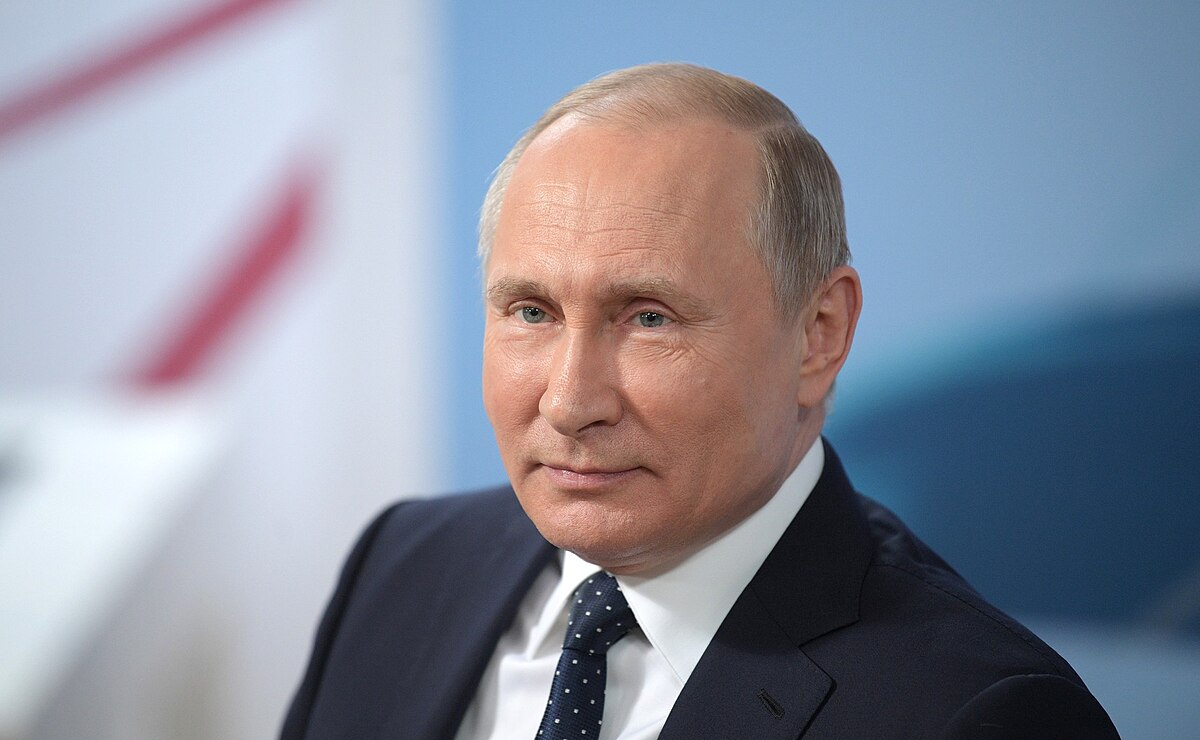Britain faces a silent hybrid war with Russia, warns former MI5 chief

Vladimir Putin
Britain may already be engaged in a hybrid conflict with Russia, combining cyber-attacks, sabotage, intelligence operations, and social disruption, according to former MI5 chief Eliza Manningham-Buller. As tensions rise across Europe and cyber threats escalate, experts warn that complacency in national defence could have catastrophic consequences.
Manningham-Buller, who led MI5 between 2002 and 2007, highlighted that Moscow’s hostile actions have evolved far beyond traditional espionage. From the 2006 murder of Alexander Litvinenko in London to the Salisbury poisoning of Sergei Skripal, Russian state-directed attacks have demonstrated a clear intent to destabilise the West. Recent cyber-attacks on UK businesses and unexplained fires affecting key infrastructure further underline the scale of the threat.
Meanwhile, Britain continues to face pressures on multiple fronts. The recent surge of irregular migrants arriving from Europe has raised concerns about societal strain and potential manipulation by hostile actors. Defence insiders suggest that the Treasury is prioritising budget balance over genuine military capability expansion, a move that could leave the UK unprepared for modern hybrid warfare.
The former spy chief urged the government to revisit the Strategic Defence Review’s recommendations, focusing on both conventional and unconventional military strength. While drones and advanced technology are essential, heavy artillery, ammunition supplies, and enhanced Special Operations capabilities remain critical. Manningham-Buller pointed to Ukraine’s deep strikes as a case study in cost-effective, high-impact defensive strategies.
Political leaders must recognise the immediacy of the threat. With hybrid warfare already underway, delaying investment in defence infrastructure, personnel, and intelligence could compromise national security. “Putin has no off button and is systematically boiling the British frog,” Manningham-Buller warned. “We must confront this reality now or risk everything else becoming irrelevant.”
The former MI5 chief also stressed the importance of soft power, highlighting the role of humanitarian aid, international diplomacy, and cultural influence in countering global adversaries like Russia and China. She criticised recent reductions in aid spending, noting that such gaps create openings for rival powers to extend their influence.
Ultimately, Britain’s response to this hybrid conflict requires honesty, urgency, and a strategic blend of conventional defence, cyber resilience, and intelligence operations. As the nature of modern warfare continues to evolve, only proactive action will ensure national security and the preservation of societal stability.
FAQ Section
Q1: Is the UK already at war with Russia?
A1: According to former MI5 chief Eliza Manningham-Buller, Britain is experiencing a hybrid war, involving cyber-attacks, sabotage, and intelligence operations.
Q2: What is hybrid warfare?
A2: Hybrid warfare combines conventional military force with cyber attacks, misinformation, sabotage, and social disruption to destabilise nations without formal declaration of war.
Q3: How has Russia targeted the UK in the past?
A3: High-profile cases include the assassinations of Alexander Litvinenko and the poisoning of Sergei Skripal, as well as numerous cyber-attacks and sabotage operations against UK infrastructure.
Q4: What should the UK do to defend itself?
A4: Experts recommend a combination of enhanced cyber security, conventional military strength, drones, artillery, and an expanded Special Operations capability.
Q5: How does migration relate to Russian hybrid warfare?
A5: Analysts suggest Russia may exploit migration pressures to destabilise society, testing government resilience and creating divisions within the UK.

